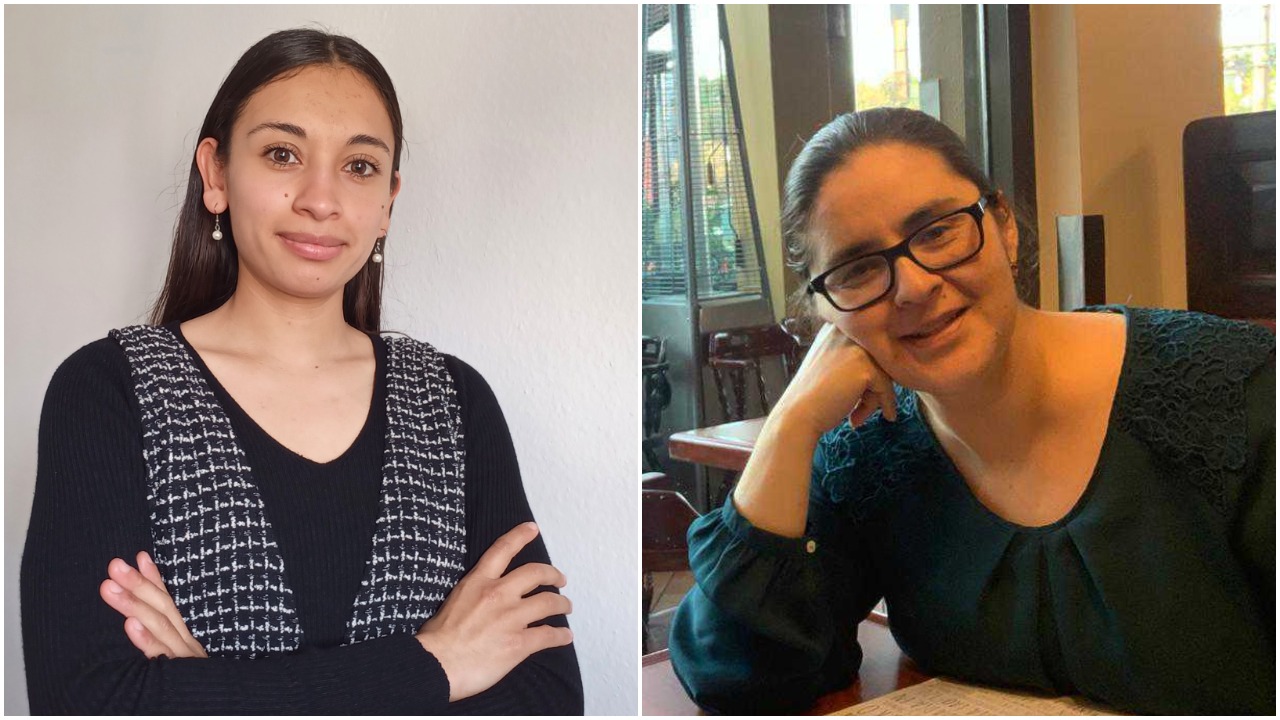Analysis of experiences and meanings regarding the consumption of organic products based on Strategic Communication
Main Article Content
Abstract
Based on the experiences and meanings that university students from Baja California construct in the face of the phenomenon of the acquisition of organic products through Facebook, an analysis was carried out on the Strategic Communication on the communication methods used by environmental organizations in Tijuana. This with the goal of knowing what strategies could be implemented so that more young people develop this type of consumption. After observing through virtual ethnography and interviewing higher-level students as well as members of these organizations, it was concluded that the latter communicate linearly, leaving aside the interaction with their clients, which is a fundamental part when we are talking about Strategic Communication, because this would allow to give an ecological sense and social responsibility to the products, instead of reducing their meaning to just one act for fashion or social distinction.
Downloads
PLUMX Metrics
Article Details

This work is licensed under a Creative Commons Attribution-NonCommercial-NoDerivatives 4.0 International License.
The author keeps the property rights with no restriction whatsoever and guarantees the magazine the right to be the first publication of the work. The author is free to deposit the published version in any other medium, such as an institutional archive or on his own website.
References
Amdani.Y. (2017, 2 de mayo). La responsabilidad social, un compromiso de todos. Estrategia & Negocios. https://www.estrategiaynegocios.net/opinion/1067395-345/la-responsabilidad-social-un-compromiso-de-todos
Baudrillard. J. (1978). Cultura y simulacro. Kairós.
C.P.A. Universidad Surcolombiana. (2015). Conferencia Comunicación Estratégica Dra. Sandra Massoni [Video]. YouTube. https://www.youtube.com/watch?v=SdfVRQcEWes&t=717s
Durand, L., Figueroa, F., y Guzmán, MG. (2011). La ecología política en México ¿Dónde estamos y para dónde vamos? Estudios Sociales. Revista de Alimentación Contemporánea y Desarrollo Regional, 19(37), 282-307. https://www.redalyc.org/articulo.oa?id=41716750011
Energía Viva Nabalia. (2018, 26 de julio). ¿Qué es un producto biodegradable? https://nabaliaenergia.com/productos-biodegradables/
López. H. (2014). El interaccionismo simbólico: perspectiva y método [Diapositivas de Power Point]. https://slideplayer.es/slide/1679803
Massoni, S. (2013). Metodologías de la comunicación estratégica: del inventario al encuentro sociocultural. Homo Sapiens Ediciones. https://sandramassoni.com.ar/libros.html#main
Massoni, S. (2016). Avatares del comunicador complejo y fluido. Del perfil del comunicador social y otros devenires. Ediciones Ciespal. https://sandramassoni.com.ar/libros.html#main
Massoni, S. (2019). Teoría de la Comunicación Estratégica Enactiva e Investigación Enactiva en Comunicación: aportes desde Latinoamérica a la democratización de la vida cotidiana. Chasqui, 141, 237-256. https://revistachasqui.org/index.php/chasqui/article/view/4074
Organización de las Naciones Unidas México (s.f.). Objetivos de Desarrollo Sostenible. http://www.onu.org.mx/agenda-2030/objetivos-del-desarrollo-sostenible/
Pérez, A. y Massoni, S. (2009). Hacia una teoría general de la estrategia. Cambio de paradigma en el comportamiento humano, la sociedad y las instituciones. Ariel.
Procuraduría Federal del Consumidor (s.f.). Alimentos Orgánicos. https://www.gob.mx/profeco/documentos/alimentos-organicos?state=published
Reyero, V. (2017). ¿Qué es la etnografía digital? Antropología 2.0. https://blog.antropologia2-0.com/es/la-etnografia-digital/
Hernández, R. (2014). Metodología de la Investigación Cualitativa (6a. ed.). Mc-Graw Hill Education.
Scolari. C. (2013). ¿Cómo se consumen las Narrativas Transmedias? Narrativas Transmedia. Cuando todos los medios cuentan (pp. 217-241). Planeta.
Spradley, J. (1980). Observación Participante. Holt Rinehart and Winston.
Tri-GO: Soluciones Sustentables (2019, 10 de septiembre). No cambies la tradición, cambia los hábitos y no contamines. Facebook. https://www.facebook.com/trigosolucionessustentables/photos/504123146988812
Torres, K. (2019). ¡Adiós al plástico! Tijuana prohíbe las bolsas en comercios. El Sol de Tijuana. https://www.elsoldetijuana.com.mx/local/adios-al-plastico-tijuana-prohibe-las-bolsas-en-comercios-3148024.html
Trujillo, A. y Vera, J. (2011, 5-7 de octubre). El consumo verde en México: Conocimiento, actitud y comportamiento [Sesión de Congreso]. En XVI Congreso Internacional de Contaduría, Administración e Informática, Ciudad de México. http://congreso.investiga.fca.unam.mx/docs/xvi/docs/14D.pdf
Viñolas, J. (2005a). Bases históricas y sociológicas. Diseño Ecológico (pp. 128-137). Blume.
Viñolas, J. (2005b). El problema medioambiental. Diseño Ecológico (pp. 38-41). Blume.
Viñolas, J. (2005c). Sostenibilidad, empresa ecológica y producto ecológico. Diseño Ecológico (pp. 142-191). Blume.
Zeler, I. (2017). Facebook como instrumento de comunicación en las empresas de América Latina [Tesis Doctoral, Universitat Rovira I Virgili]. Tesis doctorals en Xarxa. https://www.tesisenred.net/bitstream/handle/10803/462203/TESI.pdf?sequence=1&isAllowed=y

